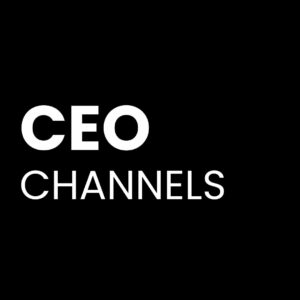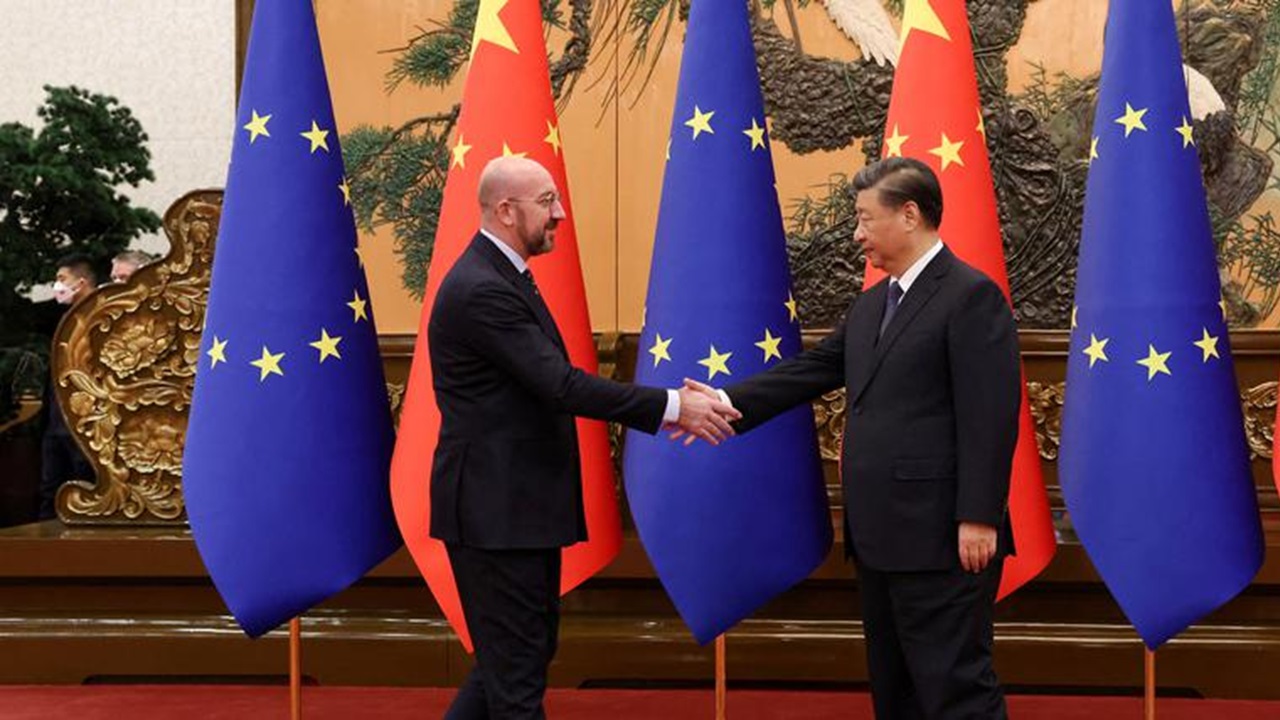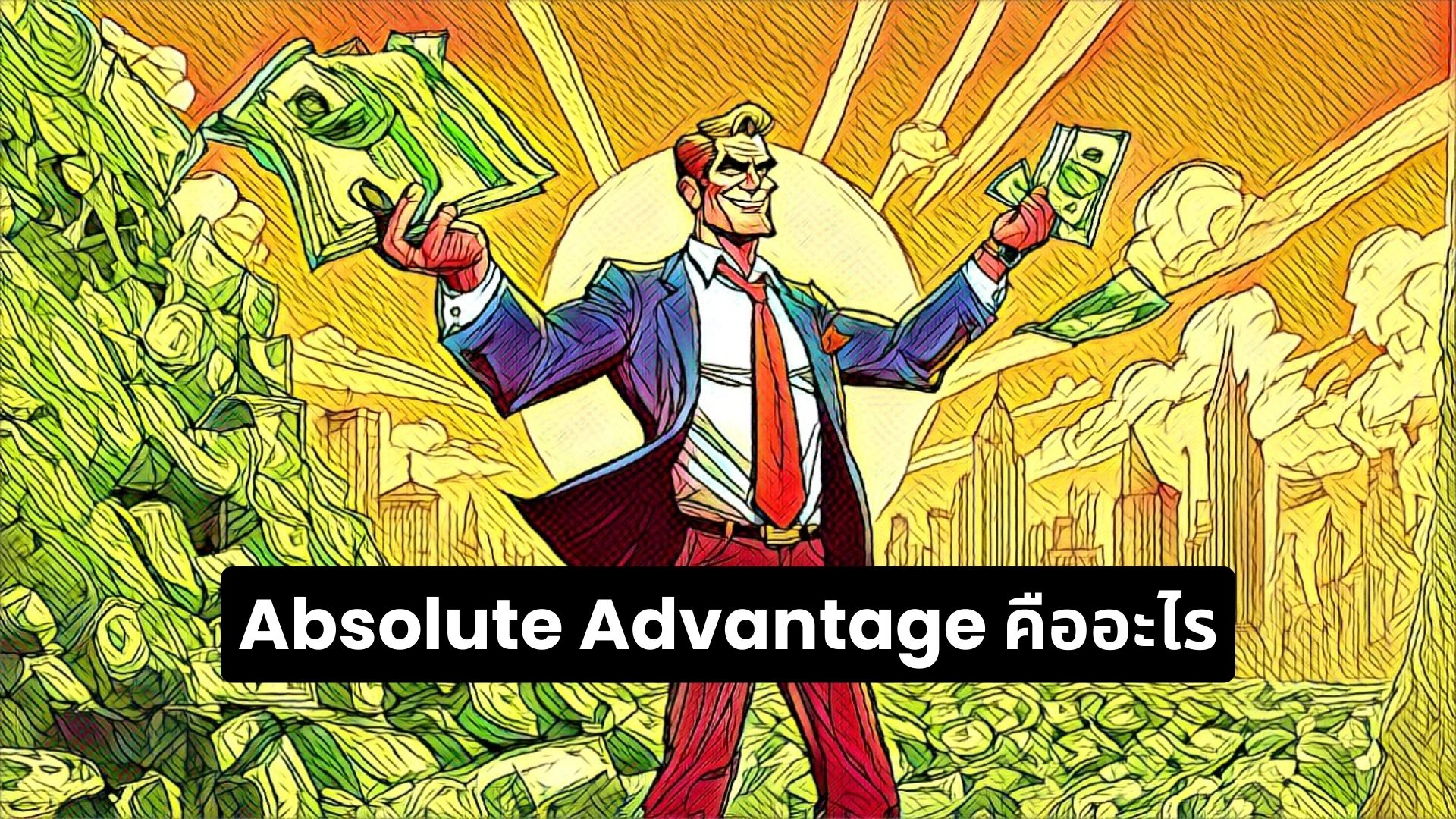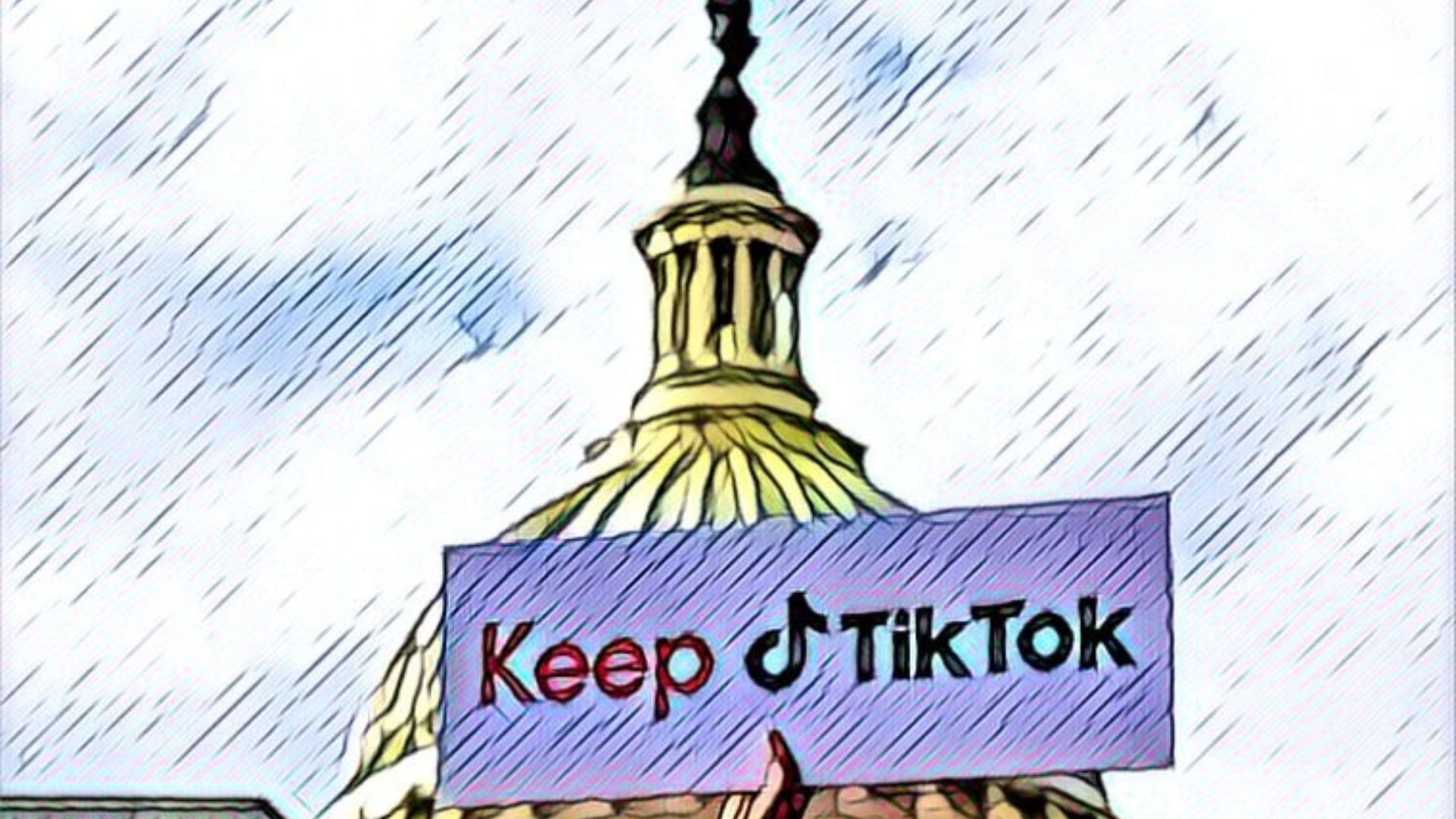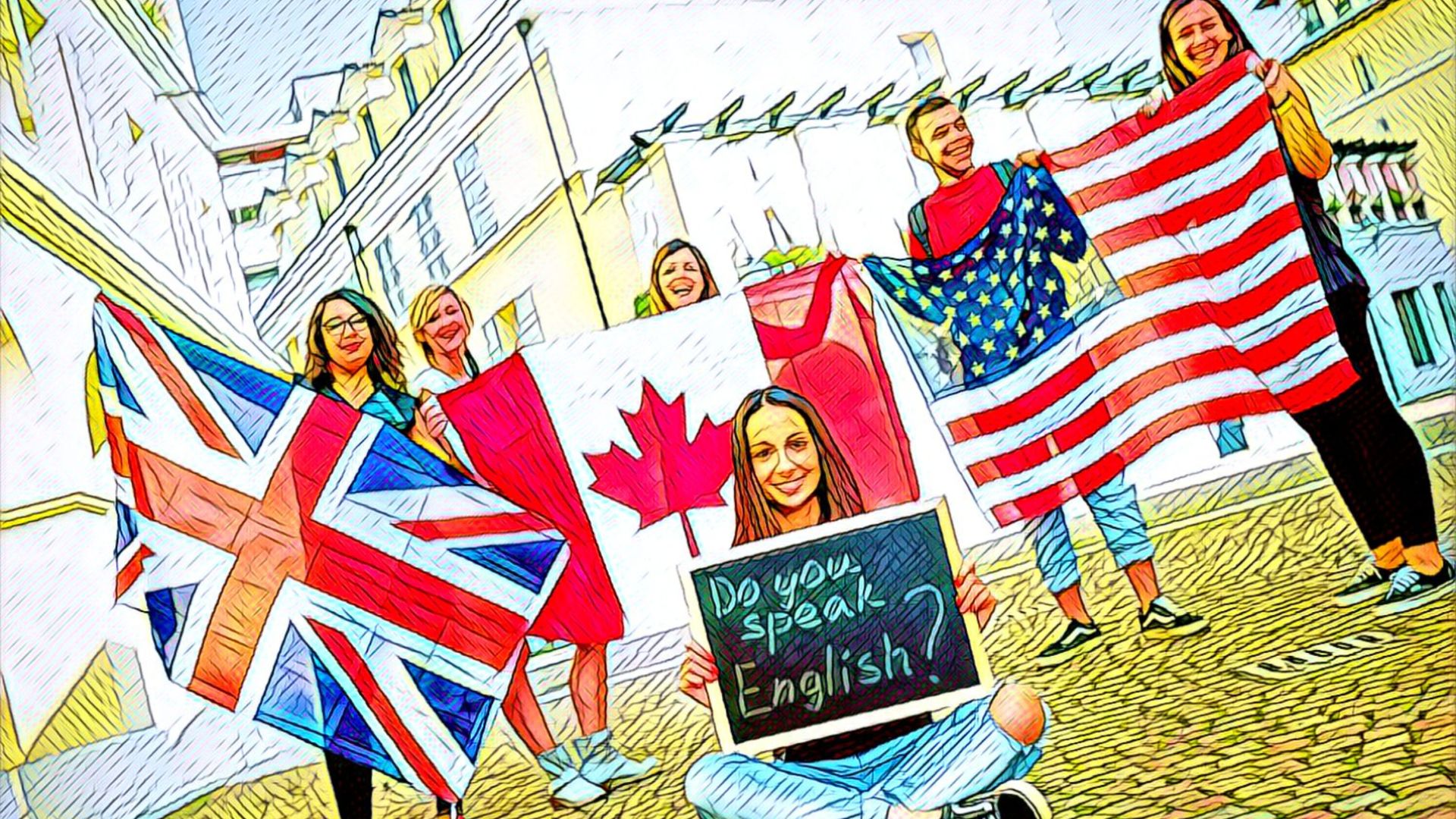The United States wants Europe to join them in their harsh rhetoric against China. However, the Blocs are not willing to do the same.
Since President Joe Biden’s election the US administration has placed a special emphasis on China making it the main issue of international discourse.
Recently, there has been an increase in remarks and acts. For instance, US Commerce Secretary Gina Raimondo stated on Wednesday that Beijing has grown to be a threat to American businesses
In Europe, this message has been spread and embraced.
According to the reports, American officials advised their European colleagues to think about imposing export controls on China. And in October, the United States imposed limitations on Chinese access to specific technology that were produced there.
However, while calling China a ‘Strategic rival’ on several occasions, the European Union is pursuing a different strategy than the United States.
Anna Rosenberg, head of geopolitics at Amundi Asset Management told CNBC on Thursday that The EU is attempting to develop a unique China policy that is different from the American strategy. The strategy aims to de-risk the partnership rather than de-couple it.
The term ‘de-coupling’ describes the severing of the two superpowers’ economic links. However, the EU does not have an interest in this.
China was the third-largest consumer of European goods and the most significant market for imported EU goods in 2021, according to data from Europe’s statistics agency.
When China’s economy is suffering as a result of Russia’s invasion of Ukraine, the role of China as a market for Europe becomes even more pertinent.
The EU is eager to retain economic relations with China, whilst the US is attempting to sway the EU in its direction in order to separate itself from China.
The economic effects of the war, which will have a more noticeable impact on European countries next year, have a tendency to intensify such desires, according to Anna Rosenberg.
Hosuk Lee-Makiyama, director of the think tank European Centre for International Political Economy told CNBC that the stringent Covid-19 policy in China has resulted in a lot of stalled demand and Europe doesn’t have many markets to cope with.
According to him, Charles Michel, the president of the European Council traveled to China on Thursday in an effort to negotiate being first in line when Beijing further relaxed its Covid regulations. Early in November, German Chancellor Olaf Scholz also visited China.
Rosenberg added that In the short term we will see the EU-China relationship genuinely improving, and Michel’s current trip is coming so soon after Scholz’s visit to China, is proof for this.
This occurs at a time when tensions between the EU and the US are beginning to rise. The international relationship is at its weakest point in 20 years, according to Lee-Makiyama.
European government representatives have expressed displeasure with the state subsidies being proposed by the American administration to encourage the use of electric vehicles.
The EU said that this violates international trade laws and poses a risk to European businesses, and in an effort to narrow some of these gaps and prevent a new trade conflict, French President Emmanuel Macron met with Vice President Joe Biden on Thursday.
